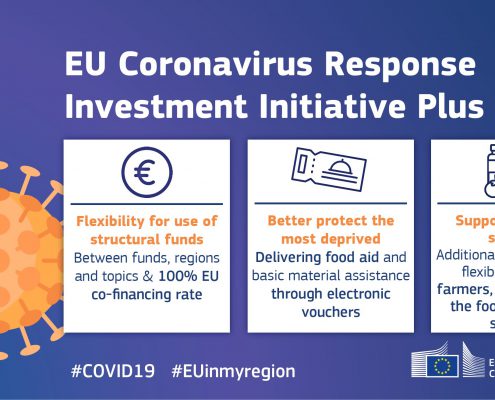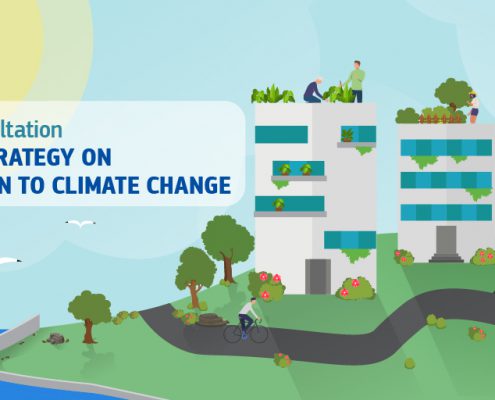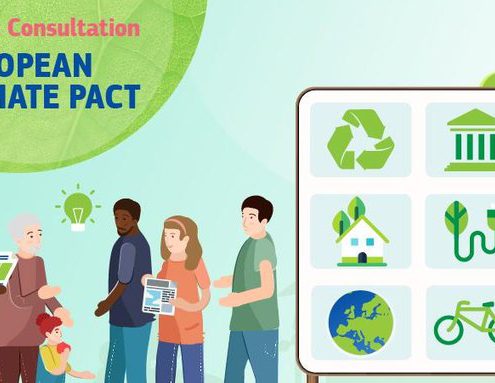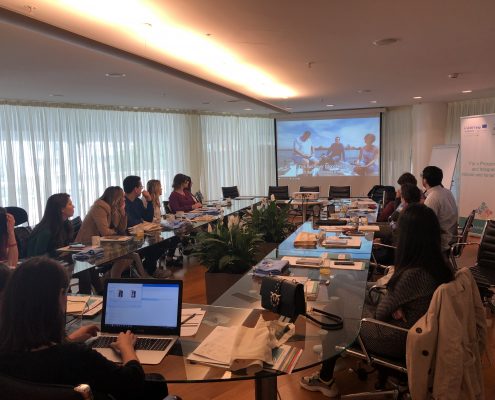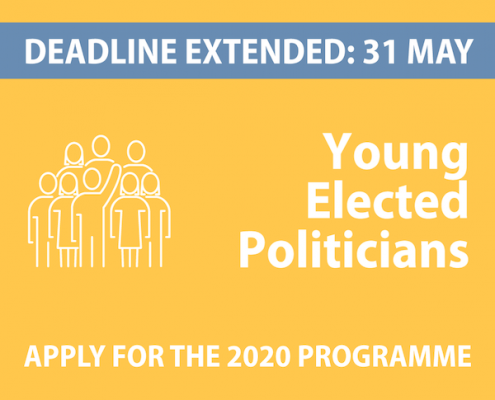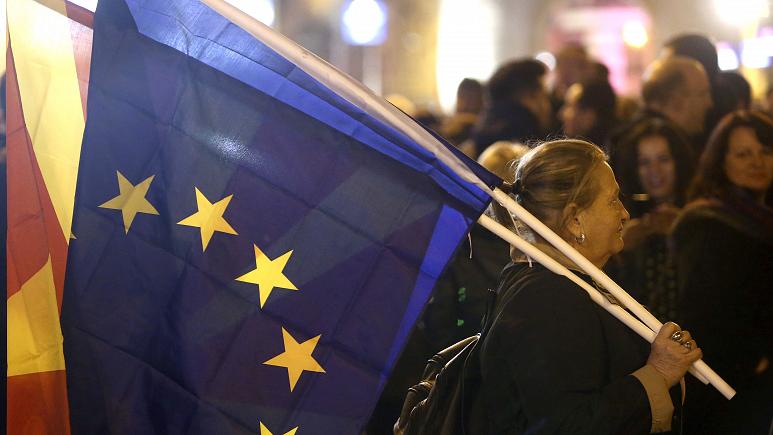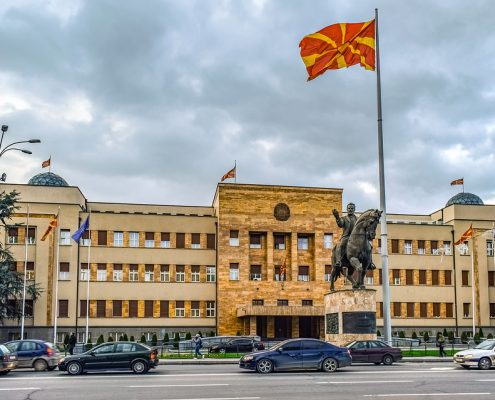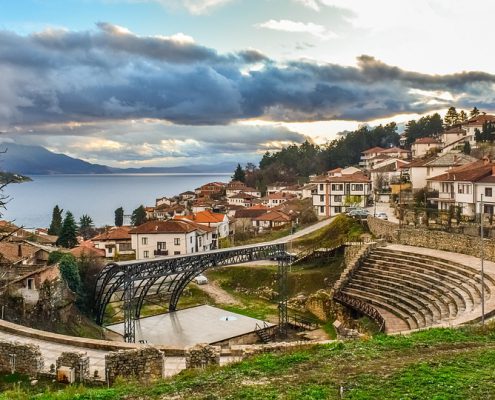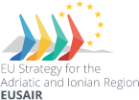Overview of positive actions during quarantine, caused by COVID-19
The borders of 12 out of 26 countries may indeed be closed, but a lot of great initiatives/opportunities opened up by this disaster.
Unfortunately, EU itself can’t do much about a pandemic. It can’t close schools, suspend football matches or lock down European cities. It can’t even close borders to curb the spread of the virus. Only its member governments can. And closing borders is what some governments have done – against WHO advice – suspending the Schengen passport-free travel zone for the first time. What the EU can do is to mitigate the socioeconomic impact of the pandemic, by offering its countries flexibility over EU deficit and state aid rules. And that’s exactly what it has done: starting with 2 sets of measures to mobilise support against COVID19 – a €37bn (£33.7bn) investment fund to counter the effects of Covid-19 on the economy across the continent, followed by the 2nd Coronavirus Response Investment Initiative Plus.
Interact working group of all 4 MRSs was trying to find an appropriate contribution to the solution of COVID-19 crisis and the financial and social crisis yet to come and thereby showing the direct MRS added value. Which was among others also recognised by Enterprise Europe Network and OECD.
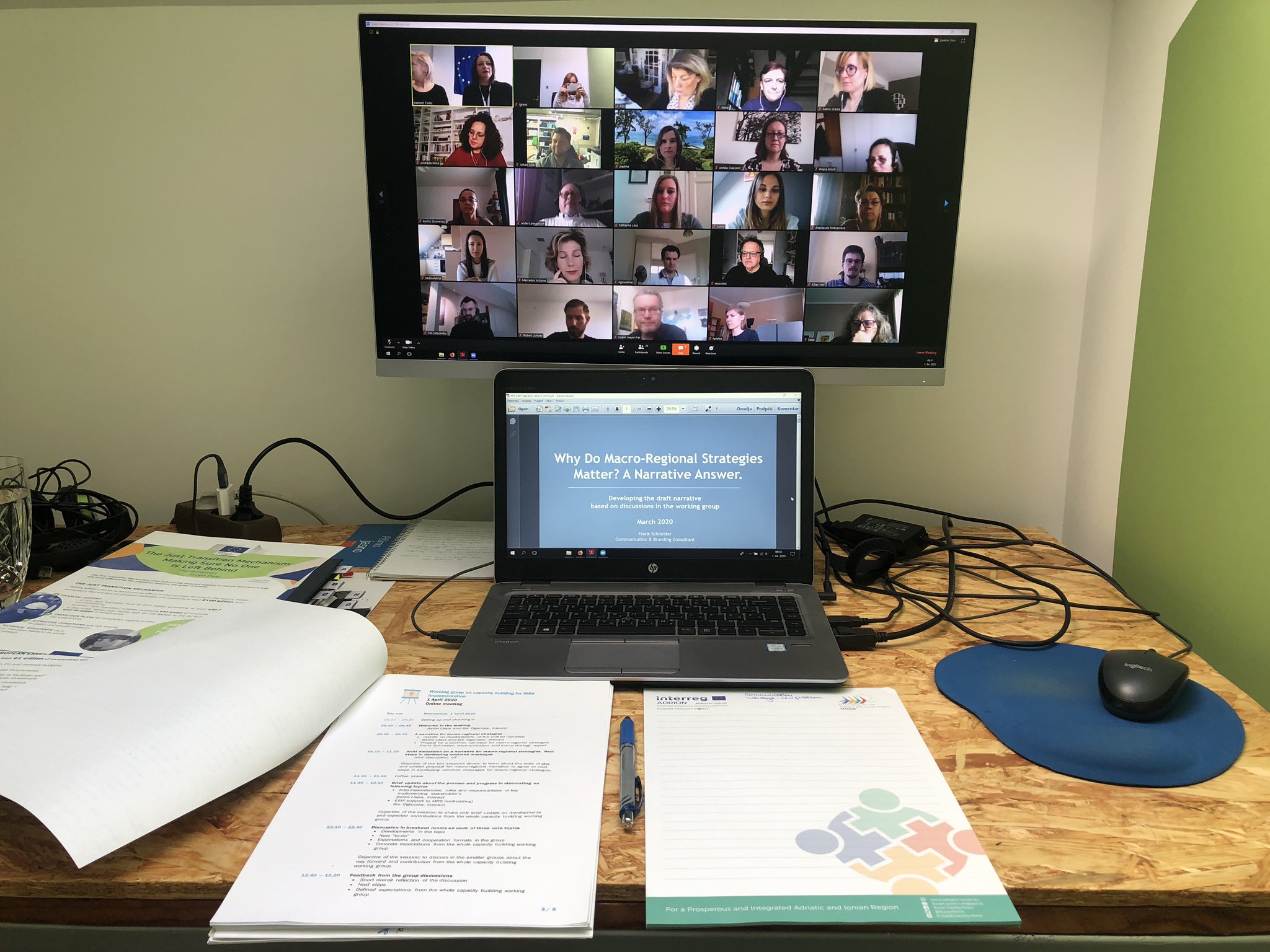
Through this cooperation we became more connected with other MRSs. Sharing our experiences, developing a strategy for involving more youth in the Strategies…and lots of other cooperation networks also aroused in this time.
We reached 1st milestone of Global Response pledging marathon led by European Commission. Since the 4th of May, governments, institutions, foundations & individuals have donated €9.5 billion to fight coronavirus. Showing EU living up to solidarity!
EU Farm to Fork Strategy and EU Biodiversity Strategy were adopted.


Inclusion of citizens is happening in preparing new documents, like EU Strategy on adaptation to climate change and European Climate Pact. Young citizens were engaged also in plenty of activities – there were grants for young journalists in amount of 500 to 2.500€, a call to select motivated young elected politicians (YEPs) for the 2020 YEP programme, Youth4Regions 2020 programme is helping journalism students and young journalists discover what the EU is doing in their region with a chance to cover the EU Week of Regions and Cities.
Bio-based Industries – Joint Undertaking announced a call for proposal in amount of 102 million €.
2 Routes4U Calls for tender (for the provision of innovative and traditional video and media-product (exclusion level 45 000 Euros) and to diffuse the Routes4U stories via Europe-wide, Regional or Industry broadcast outlets and social media (exclusion level 32 000 Euros)), worth 77.000€.
2020 call for project proposals under the LIFE programme with more than €450 million available for nature conservation, environmental protection and climate action projects and thereby helping implement the European Green Deal, with measures taken to make it easier to apply in times of coronavirus restrictions.
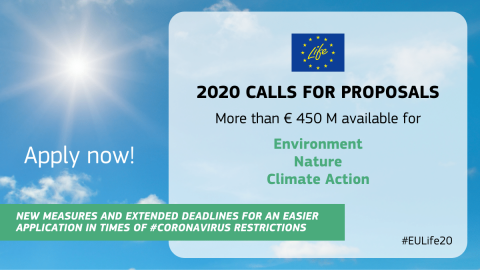
Central European Initiative has launched an Extraordinary Call for Proposals 2020 as a response to the unprecedented pandemic COVID-19, with a total budget of 600.000 € for activities in areas of education, health and MSMEs and making non EU countries a priority.
A lot of live round tables/webinars/meetings were held on the topic of pandemic hitting fragile economies, especially Balkan region trying to find solutions to minimalize its effect. Trying to allocate European funds, from EU budget to the European Investment Bank, to be available for the region after the COVID-19 emergency and identify which sectors will be most affected and will need most support. Web summit of Western Balkans NGOs was also held with the theme of EU enlargement to the Western Balkans and protection of fundamental rights. European Youth event was organised on What Europe does for me – behind the scenes of the online platform. OPSI on the other hand made us discuss on Public Sector Innovation and questioning if we are prepared for the new normality, arriving after COVID-19.
Virtual tours were organised at the sea side, in European museums...
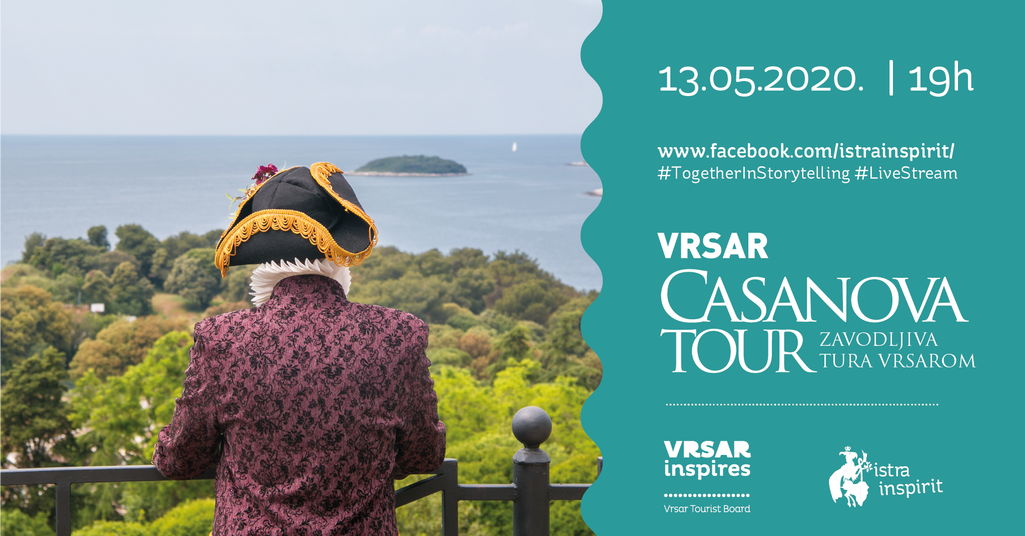
Earth Optimism Summit celebrated a change in focus from problem to solution, from a sense of loss to one of hope, as we can see COVID-19 as opportunity for Europe's recovery or rebirth into a new, greener, sustainable and more pleasant to live in Europe. Interact even prepared podcasts to tell stories of friendship and neighbourly cooperation across the EU and how Europeans implemented cross-border cooperation in the time of social distancing.
Zagreb Summit happened in between, stressing that EU and Western Balkans have a common future together. In this regard, showing that EU stands in solidarity with these countries at a time of unprecedented crisis, EC proposed €3 billion macro-financial assistance to support 10 neighbouring countries in limiting the economic fallout of the coronavirus pandemic: 180 million € to Albania, 250 million € to Bosnia and Hercegovina, 60 million € to Montenegro, 160 million € to North Macedonia; mentioning just »our« countries! DG Near with EU MS and European Bank for Reconstruction and Development is supporting the households of the Western Balkans region to invest in energy efficiency & renewable energy technologies.
EU or better to say EC even offered a short-term employment scheme SURE, which is a new €100 billion solidarity instrument that will help workers keep their incomes and keep businesses running.
Despite the outbreak of the pandemic, 2020 began with renewed hopes for the Western Balkans. In March, the General Affairs Council green-lighted the opening of EU accession talks for Albania and North Macedonia.
And most importantly we gained a new EUSAIR member to our family! By growing we are indeed becoming a stronger, more resilient and attractive macro-region and an important player in the EU enlargement process.
You might be interested in
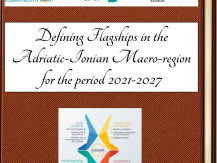
EUSAIR flagships all summed up!
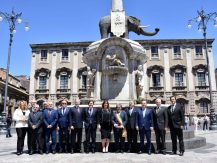
3rd EUSAIR Annual Forum – CATANIA DECLARATION

The Hellenic Republic assumes the Presidency of the EU Strategy for the Adriatic and Ionian Region (EUSAIR) (1 June 2024 – 31 May 2025)





